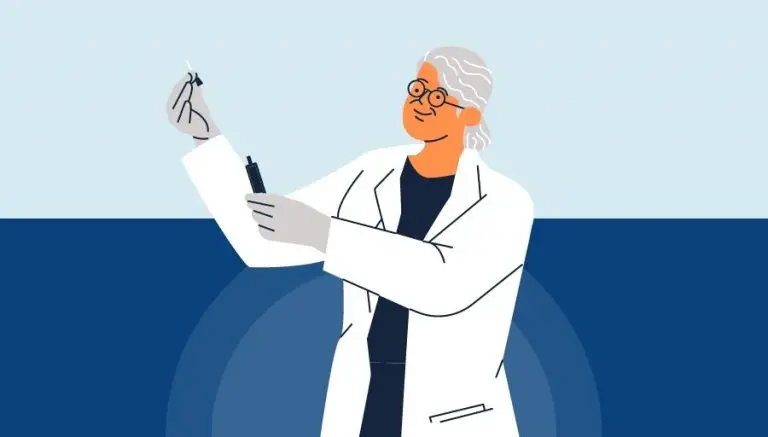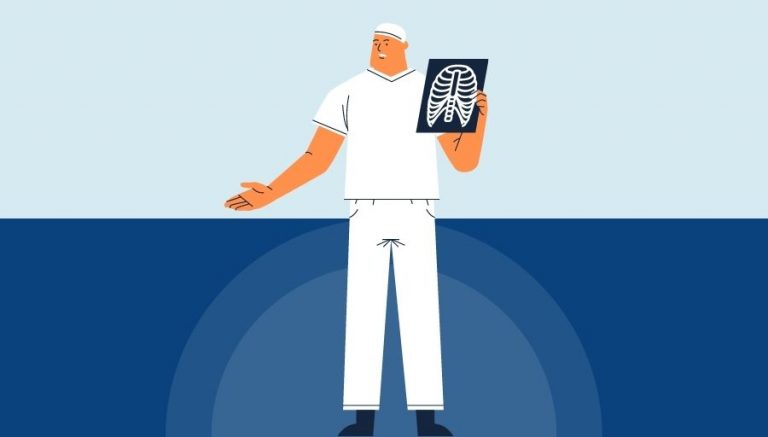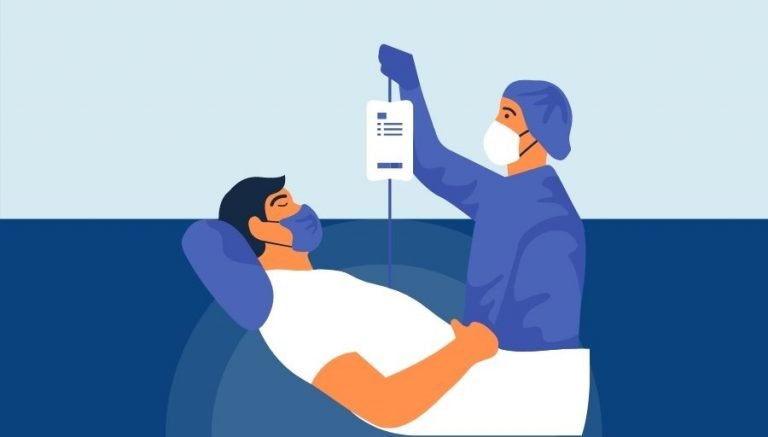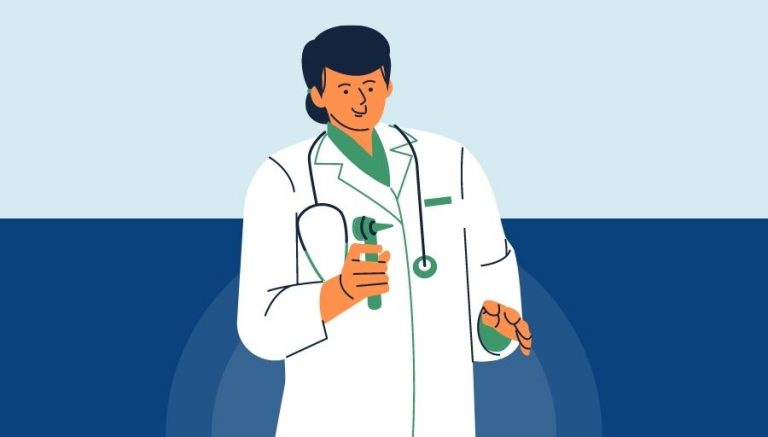Disorders Due To Use Of Cannabis – ICD 11 Codes
Definition ofDisorders due to use of cannabis: Disorders due to use of cannabis are characterised by the pattern and consequences of cannabis use. Cannabis is the collective term for a range of psychoactive preparations of the cannabis plant, Cannabis sativa, and related species and hybrids. Cannabis contains cannabinoids, a class of diverse chemical compounds that act on endogenous cannabinoid receptors that modulate neurotransmitter release in the brain. The principal psychoactive cannabinoid is δ-9-tetrahydrocannabinol (THC). Cannabis is typically smoked in the form of the flowering heads or leaves of the marijuana plant; tobacco is often mixed with cannabis when smoked. There are also cannabis oils that are prepared from these same sources. These preparations vary considerably in their THC potency. Cannabis has predominantly central nervous system depressant effects and produces a characteristic euphoria that may be part of the presenting features of Cannabis Intoxication, which may also include impairment in cognitive and psychomotor functioning. Cannabis has dependence-producing properties resulting in Cannabis Dependence in some people and Cannabis Withdrawal when use is reduced or discontinued. Cannabis is associated with a range of Cannabis-Induced Mental Disorders.
ICD 11 Code For Disorders due to use of cannabis
6C41 Disorders due to use of cannabis
Exclusions:
- Disorders due to use of synthetic cannabinoids (6C42)
- Hazardous use of cannabis (QE11.1)
6C41.0 Episode of harmful use of cannabis
Definition of Episode of harmful use of cannabis: An episode of use of cannabis that has caused damage to a person’s physical or mental health or has resulted in behaviour leading to harm to the health of others. Harm to health of the individual occurs due to one or more of the following: (1) behaviour related to intoxication; (2) direct or secondary toxic effects on body organs and systems; or (3) a harmful route of administration. Harm to health of others includes any form of physical harm, including trauma, or mental disorder that is directly attributable to behaviour due to cannabis intoxication on the part of the person to whom the diagnosis of single episode of harmful use applies. This diagnosis should not be made if the harm is attributed to a known pattern of cannabis use.
Exclusions:
- Cannabis dependence (6C41.2)
- Harmful pattern of use of cannabis (6C41.1)
6C41.1 Harmful pattern of use of cannabis
Definition of Harmful pattern of use of cannabis: A pattern of cannabis use that has caused damage to a person’s physical or mental health or has resulted in behaviour leading to harm to the health of others. The pattern of cannabis use is evident over a period of at least 12 months if substance use is episodic or at least one month if use is continuous (i.e., daily or almost daily). Harm to health of the individual occurs due to one or more of the following: (1) behaviour related to intoxication; (2) direct or secondary toxic effects on body organs and systems; or (3) a harmful route of administration. Harm to health of others includes any form of physical harm, including trauma, or mental disorder that is directly attributable to behaviour related to cannabis intoxication on the part of the person to whom the diagnosis of Harmful pattern of use of cannabis applies.
Exclusions:
- Cannabis dependence (6C41.2)
- Episode of harmful use of cannabis (6C41.0)
6C41.10 Harmful pattern of use of cannabis episodic
Definition of Harmful pattern of use of cannabis episodic: A pattern of episodic or intermittent cannabis use that has caused damage to a person’s physical or mental health or has resulted in behaviour leading to harm to the health of others. The pattern of episodic cannabis use is evident over a period of at least 12 months. Harm to health of the individual occurs due to one or more of the following: (1) behaviour related to intoxication; (2) direct or secondary toxic effects on body organs and systems; or (3) a harmful route of administration. Harm to health of others includes any form of physical harm, including trauma, or mental disorder that is directly attributable to behaviour related to cannabis intoxication on the part of the person to whom the diagnosis of Harmful pattern of use of cannabis applies.
Exclusions:
- Episode of harmful use of cannabis (6C41.0)
- Cannabis dependence (6C41.2)
6C41.11 Harmful pattern of use of cannabis continuous
Definition of Harmful pattern of use of cannabis continuous: A pattern of continuous (daily or almost daily) cannabis use that has caused damage to a person’s physical or mental health or has resulted in behaviour leading to harm to the health of others. The pattern of continuous cannabis use is evident over a period of at least one month. Harm to health of the individual occurs due to one or more of the following: (1) behaviour related to intoxication; (2) direct or secondary toxic effects on body organs and systems; or (3) a harmful route of administration. Harm to health of others includes any form of physical harm, including trauma, or mental disorder that is directly attributable to behaviour related to cannabis intoxication on the part of the person to whom the diagnosis of Harmful pattern of use of cannabis applies.
Exclusions:
- Episode of harmful use of cannabis (6C41.0)
- Cannabis dependence (6C41.2)
6C41.1Z Harmful pattern of use of cannabis unspecified
6C41.2 Cannabis dependence
Definition ofCannabis dependence: Cannabis dependence is a disorder of regulation of cannabis use arising from repeated or continuous use of cannabis. The characteristic feature is a strong internal drive to use cannabis, which is manifested by impaired ability to control use, increasing priority given to use over other activities and persistence of use despite harm or negative consequences. These experiences are often accompanied by a subjective sensation of urge or craving to use cannabis. Physiological features of dependence may also be present, including tolerance to the effects of cannabis, withdrawal symptoms following cessation or reduction in use of cannabis, or repeated use of cannabis or pharmacologically similar substances to prevent or alleviate withdrawal symptoms. The features of dependence are usually evident over a period of at least 12 months but the diagnosis may be made if cannabis use is continuous (daily or almost daily) for at least 3 months.
Exclusions:
- Episode of harmful use of cannabis (6C41.0)
- Harmful pattern of use of cannabis (6C41.1)
6C41.20 Cannabis dependence current use
Definition ofCannabis dependence current use: Current cannabis dependence with use of cannabis within the past month.
Exclusions:
- Episode of harmful use of cannabis (6C41.0)
- Harmful pattern of use of cannabis (6C41.1)
6C41.21 Cannabis dependence early full remission
Definition of Cannabis dependence early full remission: After a diagnosis of cannabis dependence, and often following a treatment episode or other intervention (including self-help intervention), the individual has been abstinent from cannabis during a period lasting from between 1 and 12 months.
Exclusions:
- Episode of harmful use of cannabis (6C41.0)
- Harmful pattern of use of cannabis (6C41.1)
6C41.22 Cannabis dependence sustained partial remission
Definition of Cannabis dependence sustained partial remission: After a diagnosis of cannabis dependence, and often following a treatment episode or other intervention (including self-help intervention), there is a significant reduction in cannabis consumption for more than 12 months, such that even though cannabis use has occurred during this period, the definitional requirements for dependence have not been met.
Exclusions:
- Episode of harmful use of cannabis (6C41.0)
- Harmful pattern of use of cannabis (6C41.1)
6C41.23 Cannabis dependence sustained full remission
Definition of Cannabis dependence sustained full remission: After a diagnosis of cannabis dependence, and often following a treatment episode or other intervention (including self-intervention), the person has been abstinent from cannabis for 12 months or longer.
Exclusions:
- Episode of harmful use of cannabis (6C41.0)
- Harmful pattern of use of cannabis (6C41.1)
6C41.2Z Cannabis dependence unspecified
6C41.3 Cannabis intoxication
Definition ofCannabis intoxication: Cannabis intoxication is a clinically significant transient condition that develops during or shortly after the consumption of cannabis that is characterised by disturbances in consciousness, cognition, perception, affect, behaviour, or coordination. These disturbances are caused by the known pharmacological effects of cannabis and their intensity is closely related to the amount of cannabis consumed. They are time-limited and abate as cannabis is cleared from the body. Presenting features may include inappropriate euphoria, impaired attention, impaired judgment, perceptual alterations (such as the sensation of floating, altered perception of time), changes in sociability, increased appetite, anxiety, intensification of ordinary experiences, impaired short-term memory, and sluggishness. Physical signs include conjunctival injection (red or bloodshot eyes) and tachycardia.
Coding Note:
- Code also the causing condition
Inclusions:
- “Bad trips” due to cannabinoids
Exclusions:
- cannabinoid poisoning (NE60)
- Possession trance disorder (6B63)
6C41.4 Cannabis withdrawal
Definition ofCannabis withdrawal: Cannabis withdrawal is a clinically significant cluster of symptoms, behaviours and/or physiological features, varying in degree of severity and duration, that occurs upon cessation or reduction of use of cannabis in individuals who have developed Cannabis dependence or have used cannabis for a prolonged period or in large amounts. Presenting features of Cannabis withdrawal may include irritability, anger or aggressive behaviour, shakiness, insomnia, restlessness, anxiety, depressed or dysphoric mood, decreased appetite and weight loss, headache, sweating or chills, abdominal cramps and muscle aches.
Coding Note:
- Code also the causing condition
6C41.5 Cannabis-induced delirium
Definition ofCannabis-induced delirium: Cannabis-induced delirium is characterised by an acute state of disturbed attention and awareness with specific features of delirium that develops during or soon after substance intoxication or withdrawal or during the use of cannabis. The amount and duration of cannabis use must be capable of producing delirium. The symptoms are not better explained by a primary mental disorder, by use of or withdrawal from a different substance, or by another health condition that is not classified under Mental, behavioural and neurodevelopmental disorders.
Coding Note:
- Code also the causing condition
6C41.6 Cannabis-induced psychotic disorder
Definition ofCannabis-induced psychotic disorder: Cannabis-induced psychotic disorder is characterised by psychotic symptoms (e.g. delusions, hallucinations, disorganised thinking, grossly disorganised behaviour) that develop during or soon after intoxication with or withdrawal from cannabis. The intensity or duration of the symptoms is substantially in excess of psychotic-like disturbances of perception, cognition, or behaviour that are characteristic of Cannabis intoxication or Cannabis withdrawal. The amount and duration of cannabis use must be capable of producing psychotic symptoms. The symptoms are not better explained by a primary mental disorder (e.g. Schizophrenia, a Mood disorder with psychotic symptoms), as might be the case if the psychotic symptoms preceded the onset of the cannabis use, if the symptoms persist for a substantial period of time after cessation of the cannabis use or withdrawal, or if there is other evidence of a pre-existing primary mental disorder with psychotic symptoms (e.g. a history of prior episodes not associated with cannabis use).
Coding Note:
- Code also the causing condition
6C41.7 Certain specified cannabis-induced mental or behavioural disorders
Coding Note:
- Code also the causing condition
6C41.70 Cannabis-induced mood disorder
Definition ofCannabis-induced mood disorder: Cannabis-induced mood disorder is characterised by mood symptoms (e.g., depressed or elevated mood, decreased engagement in pleasurable activities, increased or decreased energy levels) that develop during or soon after intoxication with or withdrawal from cannabis. The intensity or duration of the symptoms is substantially in excess of mood disturbances that are characteristic of Cannabis intoxication or Cannabis withdrawal. The amount and duration of cannabis use must be capable of producing mood symptoms. The symptoms are not better explained by a primary mental disorder (e.g., a Depressive disorder, a Bipolar disorder, Schizoaffective disorder), as might be the case if the mood symptoms preceded the onset of the cannabis use, if the symptoms persist for a substantial period of time after cessation of the cannabis use or withdrawal, or if there is other evidence of a pre-existing primary mental disorder with mood symptoms (e.g., a history of prior episodes not associated with cannabis use).
Coding Note:
- Code also the causing condition
6C41.71 Cannabis-induced anxiety disorder
Definition of Cannabis-induced anxiety disorder: Cannabis-induced anxiety disorder is characterised by anxiety symptoms (e.g., apprehension or worry, fear, physiological symptoms of excessive autonomic arousal, avoidance behaviour) that develop during or soon after intoxication with or withdrawal from cannabis. The intensity or duration of the symptoms is substantially in excess of anxiety symptoms that are characteristic of Cannabis intoxication or Cannabis withdrawal. The amount and duration of cannabis use must be capable of producing anxiety symptoms. The symptoms are not better explained by a primary mental disorder (e.g., an Anxiety and Fear-Related Disorder, a Depressive Disorder with prominent anxiety symptoms), as might be the case if the anxiety symptoms preceded the onset of the cannabis use, if the symptoms persist for a substantial period of time after cessation of the cannabis use or withdrawal, or if there is other evidence of a pre-existing primary mental disorder with anxiety symptoms (e.g., a history of prior episodes not associated with cannabis use).
Coding Note:
- Code also the causing condition
6C41.Y Other specified disorders due to use of cannabis
6C41.Z Disorders due to use of cannabis unspecified









